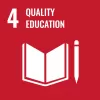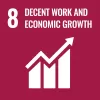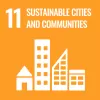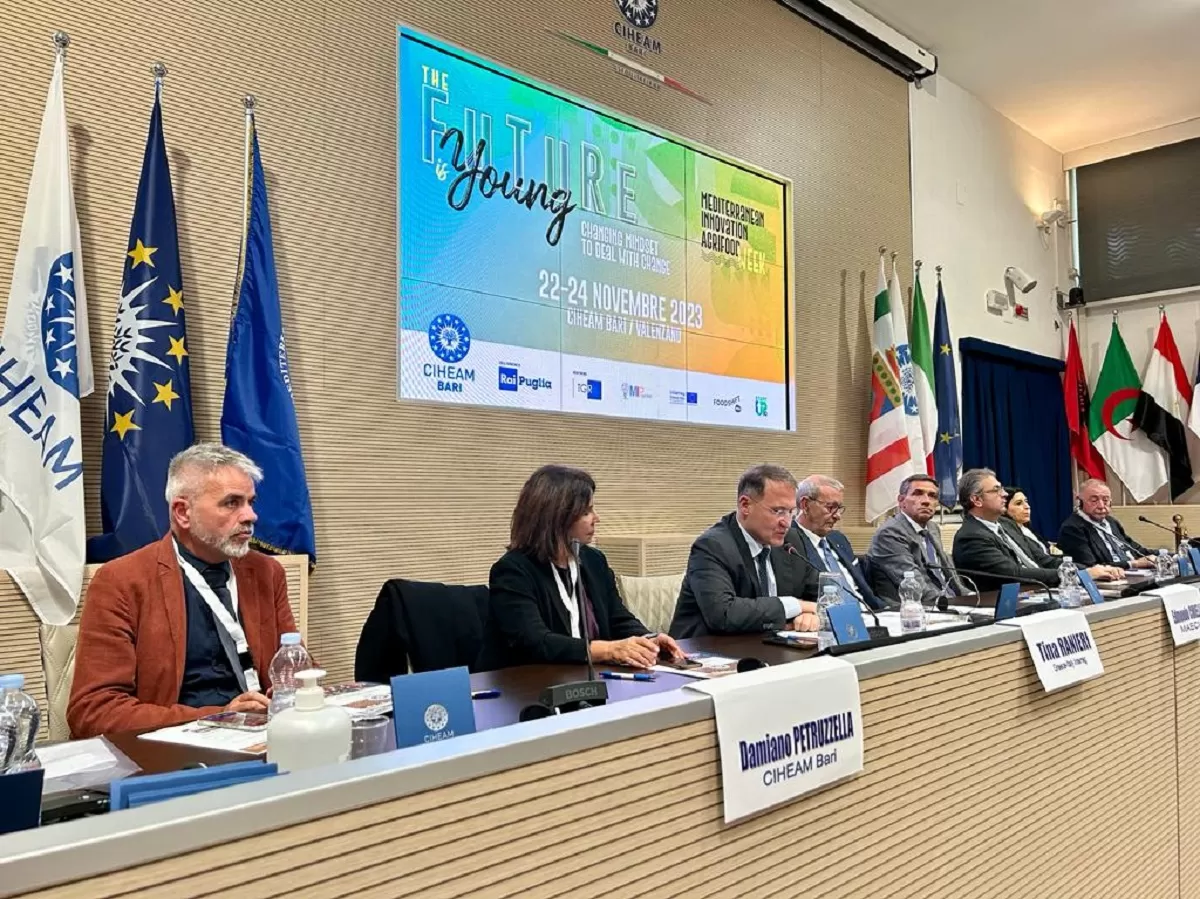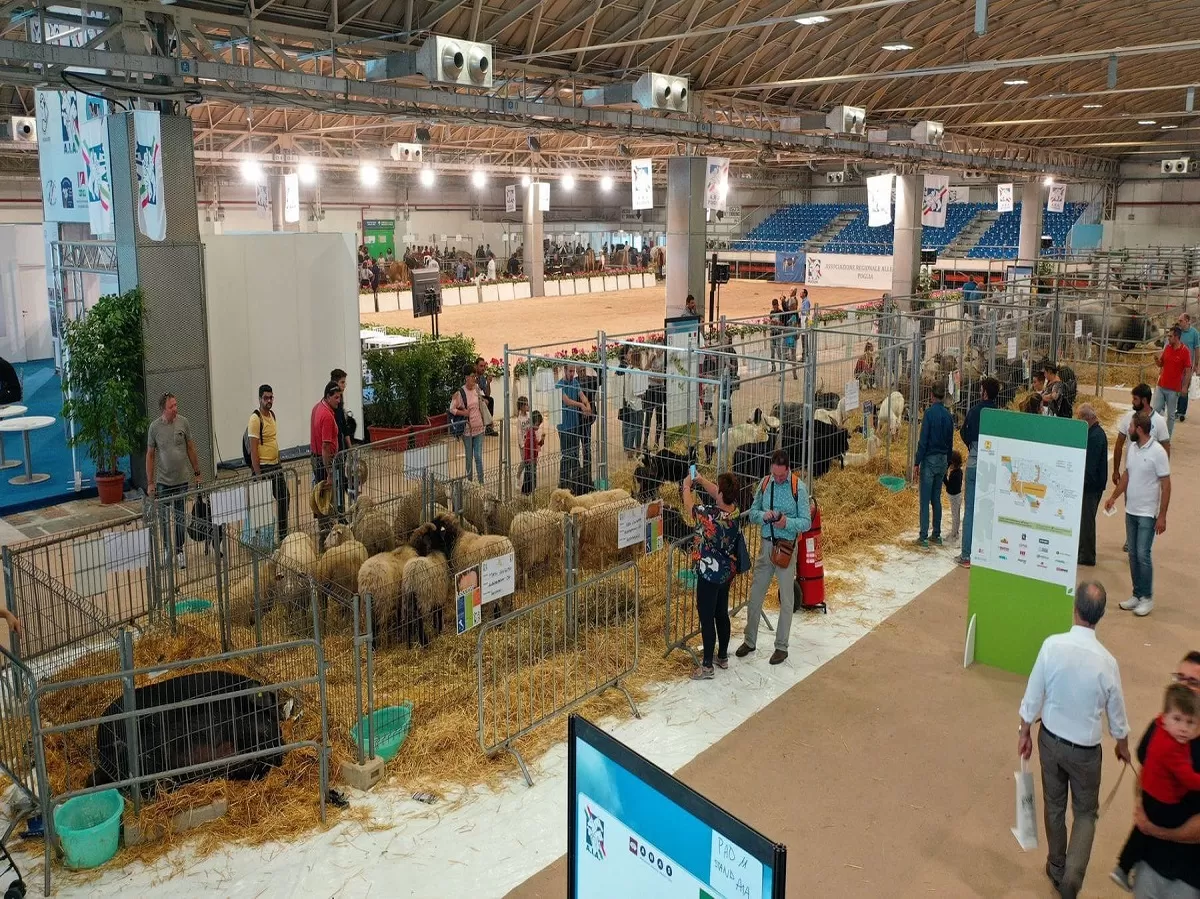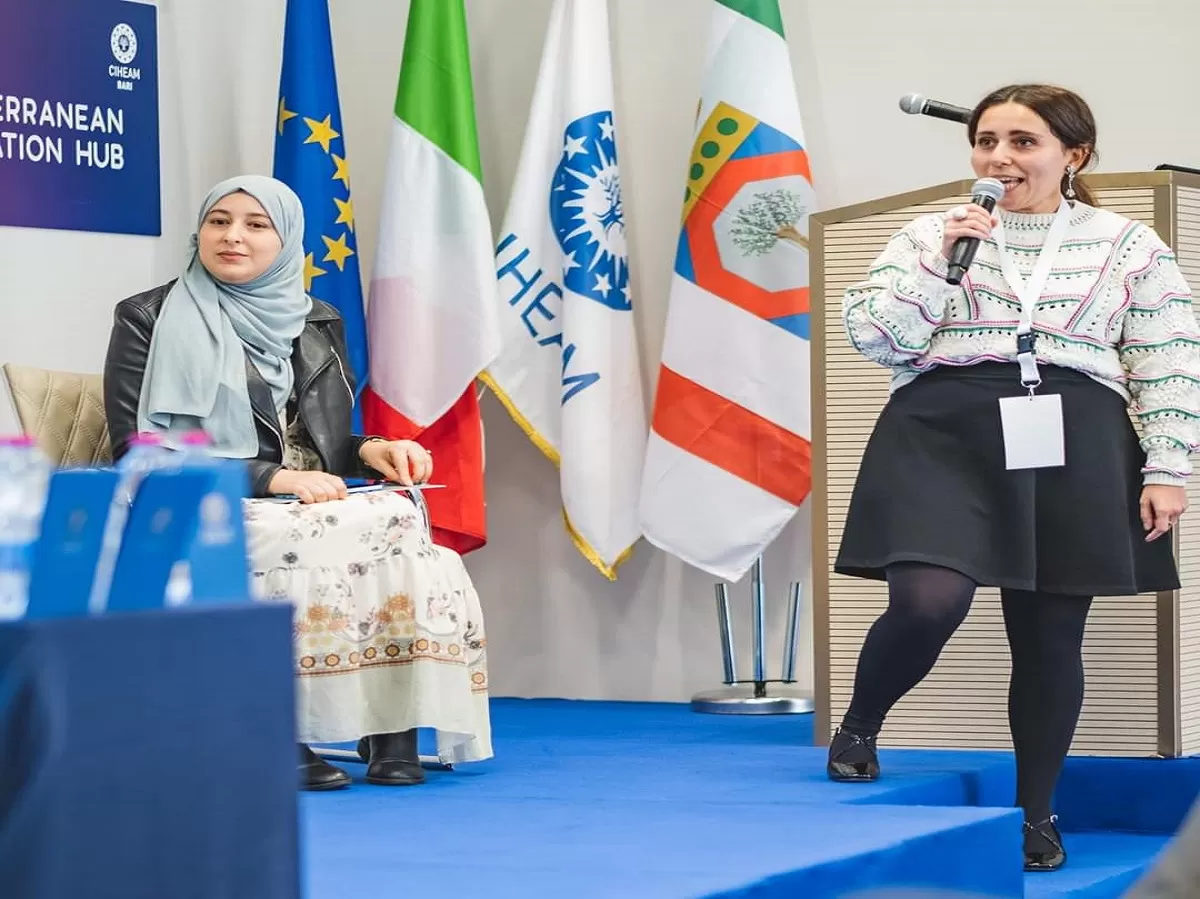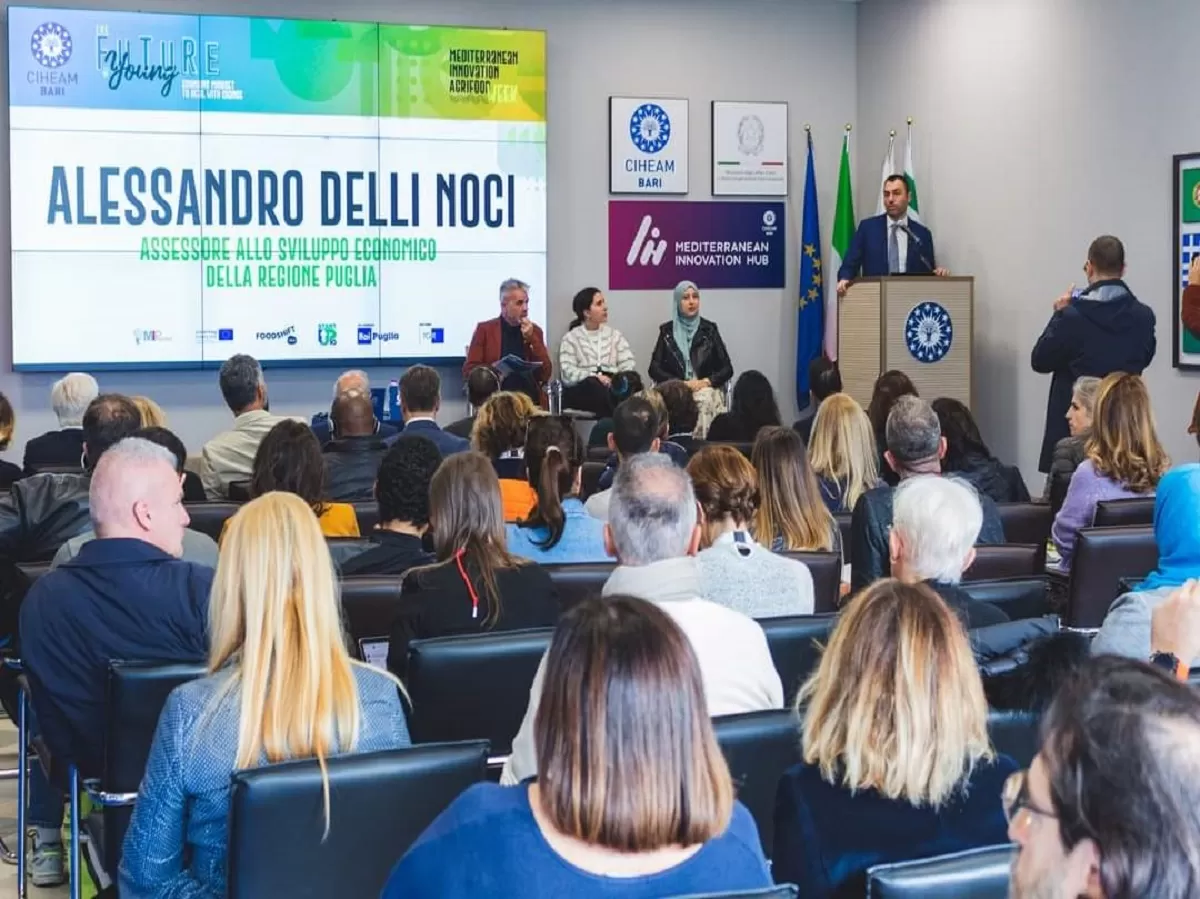24/11/2023
Italy
participants
Promoting Young Entrepreneurs.
Introduction: The inquiry into the main obstacles facing young people in the Mediterranean in driving change within the food system delves into critical challenges that demand attention. This report aims to identify and analyze these challenges, along with proposing models and tools to foster the growth of skills and a change in approach among the youth population.
Key Challenges:
Food Transition and Modernization: Young people must navigate the complexities of transitioning the food system towards sustainability and modernization. This involves acquiring technical and entrepreneurial skills to address evolving business landscapes and production processes.
Green and Digital Transition: The integration of green and digital technologies is essential for a sustainable food system. The youth needs to embrace these innovations while ensuring a 'green' footprint in production processes, harmonizing social, economic, and environmental progress.
Climate Change Impact: The Mediterranean region faces the adverse effects of climate change. Young individuals must confront the challenges posed by shifting climate patterns, necessitating adaptive strategies and resilience, particularly in agricultural and rural areas.
Skills and Mindset Transformation: Alongside technical skills, a fundamental change in mindset is crucial. The youth must cultivate a mentality that supports and propels the desired changes, fostering social and economic stability, reducing inequalities, and promoting resilience.
Models and Tools for Growth: Educational Initiatives: Implementing comprehensive educational programs that focus on technical, entrepreneurial, and sustainable development skills will prepare the youth for the challenges ahead.
Mentorship and Networking: Establishing mentorship programs and fostering networking opportunities can provide young individuals with guidance, support, and exposure to diverse perspectives within the food system.
Innovation Hubs: Creating innovation hubs can serve as focal points for collaboration, idea generation, and the development of sustainable solutions. These hubs can connect young innovators with industry experts, fostering creativity and problem-solving.
Policy Advocacy: Advocacy for policies that incentivize sustainable practices and provide support for youth-led initiatives is essential. Engaging with governmental bodies and international organizations can amplify the impact of these efforts.
Addressing Youth Population Growth: Multi-Stakeholder Meetings: Organizing four meetings on the main factors of change provides a platform for discussion and knowledge exchange. The involvement of institutional protagonists, international organizations, sector experts, and representatives from various Mediterranean countries ensures a holistic perspective.
Final International Conference: The culmination of discussions in a final international conference will consolidate insights and recommendations. The participation of key institutional figures and international delegations will contribute to a comprehensive strategy for addressing the challenges faced by the youth in the Mediterranean.
Conclusion: The challenges faced by young people in the Mediterranean in driving change in the food system are complex and multifaceted. However, by implementing targeted models and tools and fostering collaboration among diverse stakeholders, the youth can play a pivotal role in shaping a sustainable, resilient, and innovative food system in the region. The upcoming meetings and final international conference present invaluable opportunities to generate actionable strategies and initiatives for a positive impact on local development and the achievement of sustainability goals.
